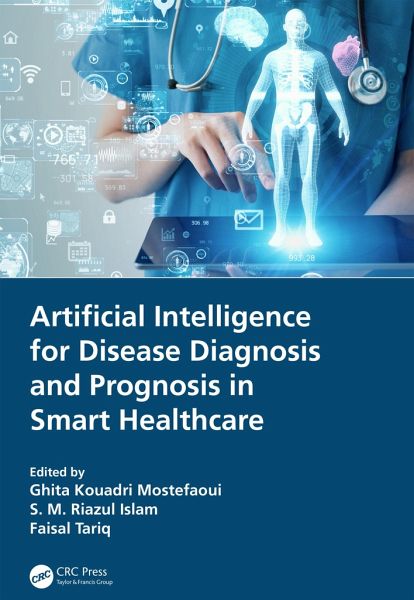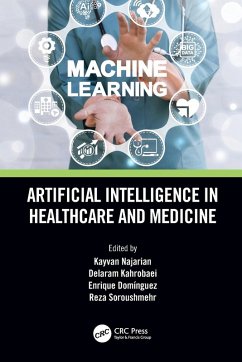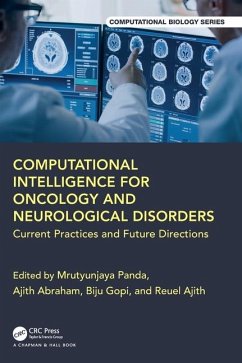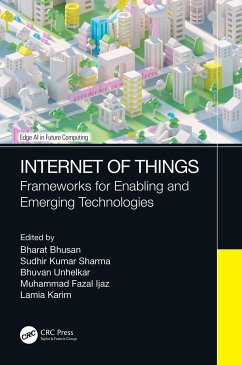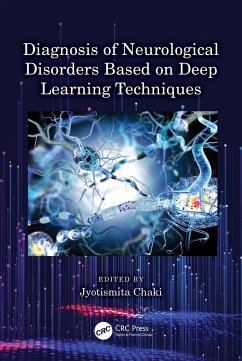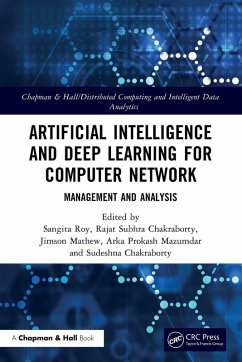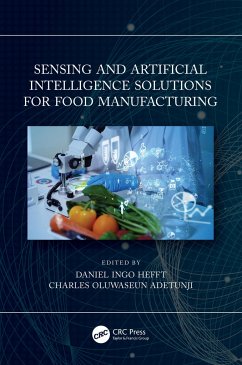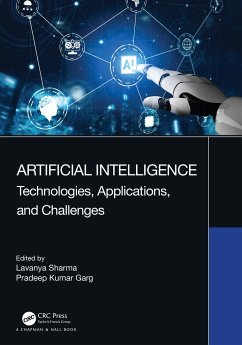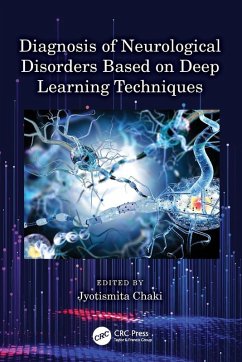Ghita Kouadri Mostefaoui is currently an Associate Professor at the Department of Computer Science, University College London. Her current teaching includes programming, computer architecture, and software engineering. She received her PhD in computer science from both the University of Fribourg, Switzerland and Université Pierre et Marie Curie (Paris 6). Ghita is a Fellow of the Higher Education Academy. S. M. Riazul Islam is currently a Senior Lecturer in Computer Science at the University of Huddersfield, United Kingdom. Before moving to the UK, he was an Assistant Professor at the Department of Computer Science and Engineering, Sejong University, South Korea, from 2017 to 2022. Dr. Islam's prior affiliations were at Inha University as a Postdoctoral Fellow, at Samsung R&D Institute as a Senior Engineer, and at the University of Dhaka as an Assistant Professor in EEE. He received his Ph.D. in Information and Communication Engineering from Inha University, South Korea, in 2012. Dr. Islam's research interests include applied AI, machine learning, data science, and IoT. Faisal Tariq is currently a Senior Lecturer at the James Watt School of Engineering, University of Glasgow, United Kingdom. He received his PhD degree from The Open University, UK. His research interests include applications of Artificial Intelligence (AI) and Machine Learning (ML) in various domains including smart wireless communications, healthcare technology, cyber security and intelligent internet of Things (IIoT). He is a senior member of IEEE and fellow of the Higher Education Academy.
